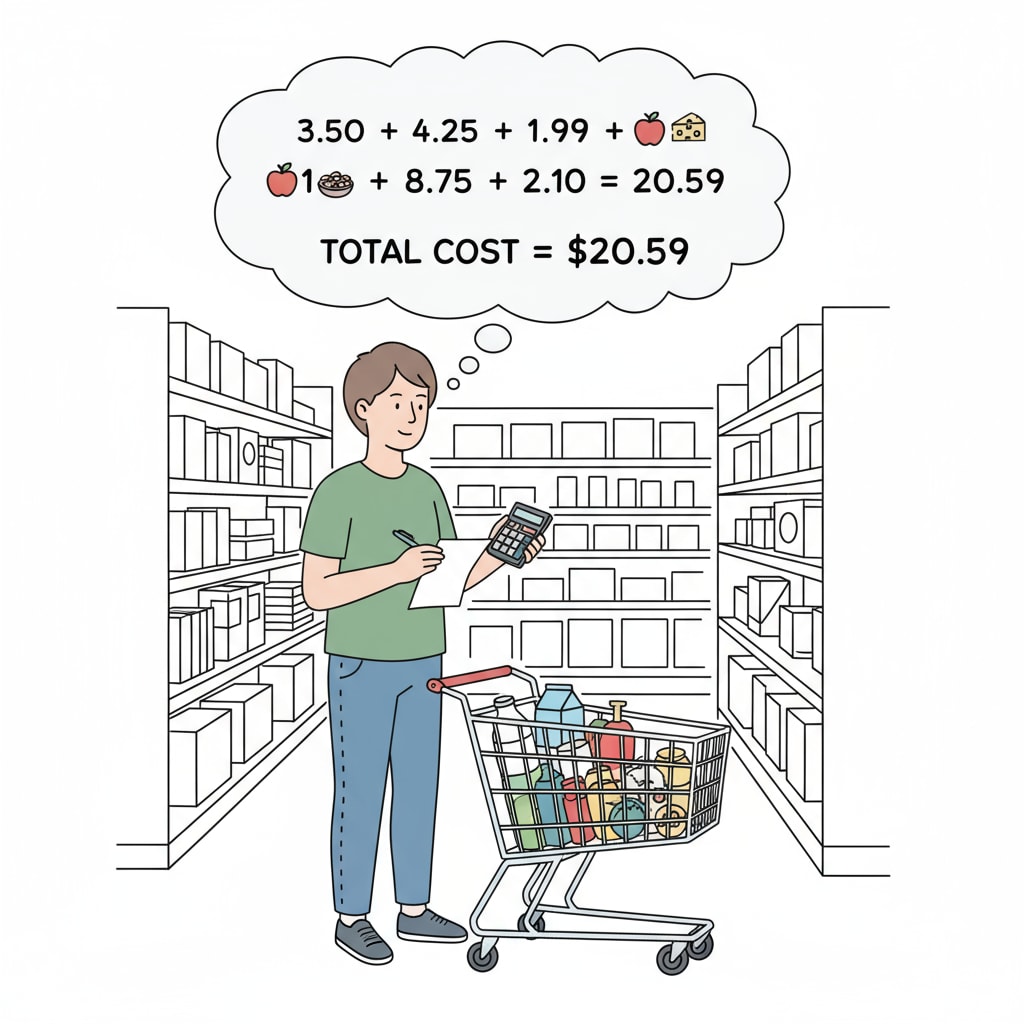Mathematics education, practicality, and advanced math are topics that have long sparked debates in the field of education. In the current K12 education system, the inclusion of advanced math for all students has raised questions about its real-world applicability.
The Current State of K12 Math Education
In K12 education, math curriculums often strive to prepare students for future academic and career paths. Advanced math courses, such as calculus and trigonometry, are commonly included in the curriculum. However, a large portion of students may never use these concepts in their daily lives. For example, a majority of people work in fields like marketing, hospitality, or social services, where advanced math is not directly relevant. According to data from the National Center for Education Statistics, only a small percentage of students pursue careers that require advanced math skills.

The Question of Practicality
The practicality of advanced math in everyday life is a valid concern. While math is fundamental in many aspects of life, advanced math concepts are not always applicable. Basic arithmetic, for instance, is essential for tasks like budgeting, shopping, and cooking. But advanced topics like differential equations have limited use outside of specific professional fields. As a result, many students struggle with advanced math courses, which can lead to frustration and a negative attitude towards learning. Research by the American Psychological Association shows that math anxiety is a common issue among students, often related to the difficulty of advanced math subjects.

Another aspect to consider is the time and effort spent on learning advanced math. In the K12 system, students devote a significant amount of time to mastering these complex concepts. This time could potentially be used to develop other important skills, such as communication, creativity, or critical thinking. Therefore, it is crucial to reevaluate the place of advanced math in the overall educational framework.
Readability guidance: By examining the current state of K12 math education and the practicality of advanced math, we can start to explore potential reform directions. This includes creating a more diverse math curriculum that caters to different interests and career goals. For example, students interested in the arts or humanities could focus on math concepts that are more relevant to their fields, like geometric design in art or statistical analysis in social research. In conclusion, the current approach to advanced math in K12 education needs to be rethought to better meet the needs of all students.


